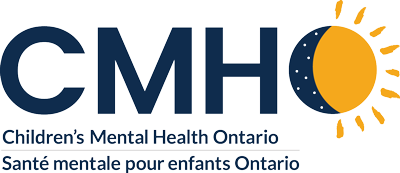The Sanctuary Model is a trauma-informed framework designed to create safe and supportive environments within organizations. Youthdale’s implementation of the Sanctuary Model is a transformative framework for creating a trauma-informed organizational culture. By adopting Sanctuary principles, Youthdale has not only enhanced support structures for the young people they serve but also cultivated a nurturing environment that supports the well-being of its staff. The Sanctuary Model has enabled Youthdale to foster inclusive practices that promote Equity, Diversity, Inclusion, and Belonging (EDIB) across the organization.
This session explores how trauma-informed care principles within the Sanctuary Model have led to improved outcomes for both for the young people we support and Youthdale staff, reinforcing resilience and empowerment. Attendees will gain insights into effective strategies for integrating trauma-informed approaches into organizational frameworks, ultimately enhancing EDIB and creating sustainable positive impacts on organizational culture and outcomes for the young people we support.
Learning Objectives
- Understand the foundational principles of the Sanctuary Model and its relevance to trauma-informed care at Youthdale.
- Understand how Youthdale implements the Sanctuary Model to foster trauma-informed care and enhance Equity, Diversity, Inclusion, and Belonging (EDIB) at Youthdale.
- Analyze specific strategies and practices within the Sanctuary Model that contribute to promoting EDIB outcomes at Youthdale.
- Discuss challenges, successes, and practical insights from Youthdale’s experience integrating trauma-informed care with EDIB principles, and explore implications for participant organizations.
Presenters:
Mamta Chail (Youthdale Treatment Centres)
Mamta brings over 20 years of dedicated experience in social services and currently serves as CEO of Youthdale while also holding pivotal roles on the boards of CMHO and Fanshawe College. Mamta has spearheaded strategic initiatives of advancing clinical, service, operational, and system excellence and champions a culture of connection, equity, diversity, inclusion, and belonging. In her personal life, Mamta is a devoted mother to three children: Sophia, Andreas, and her beloved goldendoodle Leo. Her role as a mother drives her passion for promoting wellness and enhancing the mental health and quality of life for young people and their caregivers.
Jacob Hinves (Youthdale Treatment Centres)
Jacob Hinves has worked at Youthdale since 2014 and is dedicated to delivering high-quality services, demonstrating a willingness to support agency needs and aiding various programs and initiatives. Jacob’s efforts as Accreditation Project Coordinator contributed to a 100% score. Jacob was a key founding member of the Aftercare Team, a program introduced in response to direct feedback from clients and caregivers, helping to maintain therapeutic momentum and navigate community resources as clients transition out of service. Jacob is now the Sanctuary Model Lead and his responsibilities include supporting the development, implementation, and sustainment of the Sanctuary Model.

